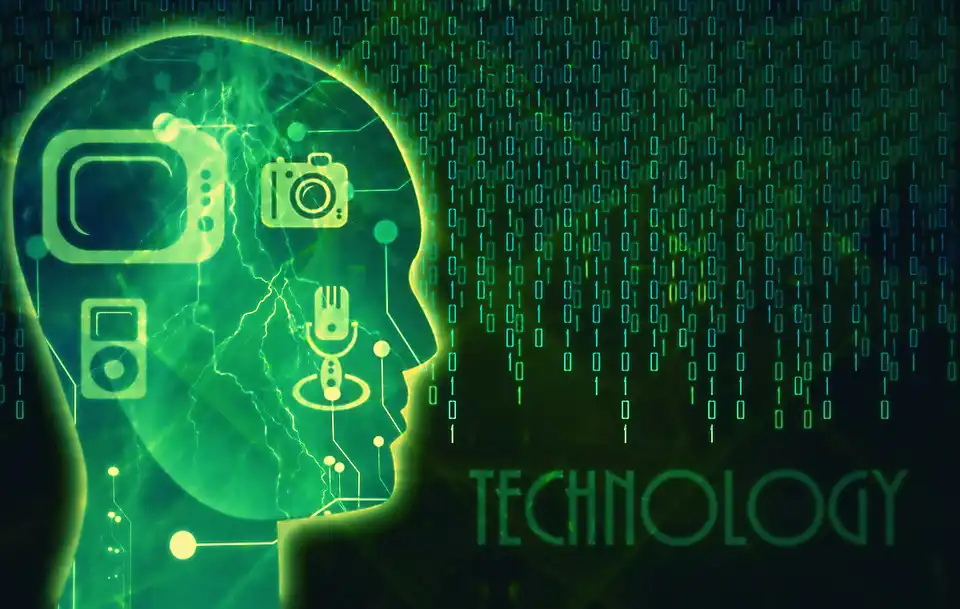With the rise of social media platforms like Facebook and Twitter in the early 2000s, there's no denying the impact they've had on the way we reminisce. These platforms essentially turned nostalgia into a public affair, making it more communal and less personal. Images of past times and forgotten moments can be brought back to life with a single post, shared not only with the people who were present at that moment but also a wider audience.
This has fostered a unique nostalgic culture, particularly amongst millennials. Eager to share experiences and moments of their upbringing, this generation quickly turned social media into a virtual walk down memory lane. This trend only heightened with the introduction of Facebook's 'On This Day' feature, which actively encouraged users to share content from previous years.
Twitter also played a key role in this nostalgic culture. The hashtag system allowed users to collectively reminisce about shared experiences, whether it was a popular TV show from their childhood or a former fashion trend. However, as Facebook and Twitter dominated the public sphere of nostalgia, a significant shift began to occur.

Researchers and social scientists have noticed that the way millennials engage with nostalgia on social media is changing. This trend, which led to a shared, public form of nostalgia, has seen a decline in recent years. As social media usage has evolved, so has its relationship with nostalgia.
The Decline of Nostalgia on Social MediaAs social media has continued to evolve and diversify, so too has the way in which its users interact with nostalgia. Over time, the novelty of sharing nostalgic content began to wear off, as such posts became commonplace. The magical element of digging up the past lost its charm as it became a regular occurrence on users' feeds.
Further, the rise of digital photography and mobile cameras has significantly changed the relationship between nostalgia and social media. Millennials, unlike previous generations, have had their lives excessively documented in digital images. The combination of an abundance of photos and social media has made the act of reminiscing less about savoring the surprises from past and more about routine digital maintenance.
Scrutiny over privacy and data ownership issues also contributed to the shifting attitudes toward nostalgia on social media. The seemingly benign practice of sharing old content triggered serious debates about who owns these memories and who has the right to display, distribute, and profit from them. The ongoing concerns about user data privacy have further hastened the weakening of nostalgic culture on social media.
Add to this the emergence of mental health issues associated with social media use. Studies suggest that the practice of constantly looking back and comparing one's current life with the past can lead to feelings of depression and inadequacy. Some millennials have started to resist the practice of nostalgia on social media, seeing it as a potential threat to their mental well-being.
What these developments suggest is that nostalgia, as cultivated within the public sphere of social media, is becoming more fragmented. It may not vanish entirely, but it will continue to shift and change form in response to cultural and technological factors. And although Facebook and Twitter have capitalized on nostalgia for a while, they may find it increasingly hard to maintain their hold on it.
Fresh forms of experiential nostalgia, like virtual and augmented reality, are beginning to emerge. As such, millennials may likely continue to seek nostalgia, but probably outside the confines of traditional social media. This change could be further catalyzed by innovative technology that makes accessing and sharing nostalgic media a more immersive and personal experience.
Additionally, mental health awareness and conversations about digital well-being will become increasingly influential in how nostalgia is approached on social media. Users will likely become more mindful of their engagement with nostalgia, considering how it might affect their mental health. This comes at a time when many are reevaluating their relationship with social media and its impact on their psychological well-being.
Lastly, concerns over data privacy are unlikely to disappear anytime soon. As such, social media platforms will have to work harder to reassure users that their personal content, which is so intrinsically linked to their past and identity, is safe and protected. This stands to profoundly affect the public's determination to share nostalgic content.
ConclusionThere's no denying that nostalgia has played a significant role in the rise and evolution of social media. Nevertheless, its influence is dwindling. Changing attitudes toward data privacy, shifting norms in digital technology, and increased concern over mental health have all contributed to this shift. Millennials, once eager sharers of nostalgic content, are now increasingly cautious and mindful of what they share.
When you factor in the evolution of technology, as it seeks to provide more immersive and enriched nostalgic experiences, the future of nostalgia on social media becomes more uncertain. Whether or not nostalgia can, or should be, commodified and public remains debatable. But one thing is clear: the grip that social media platforms had on our nostalgic impulses is beginning to loosen.
As we step into the future, nostalgia continues to exist, but its relationship with social media is likely to keep evolving in response to our changing perceptions of the past and our experiences with technology. So, while the sun may be setting on the golden age of social media and nostalgia, the twilight is far from over.
The changes in the relationship between nostalgia and social media offer vital insights not just into the evolution of these platforms and their user behavior, but more importantly, into the continuing transformation of our culture, our collective memory, and how we choose to engage with our past.